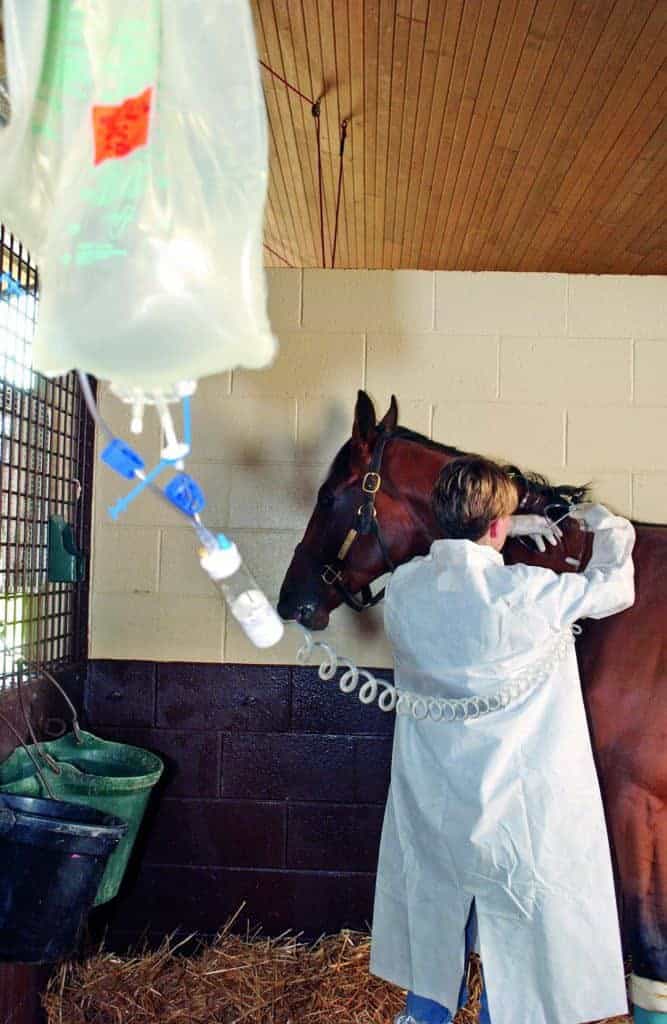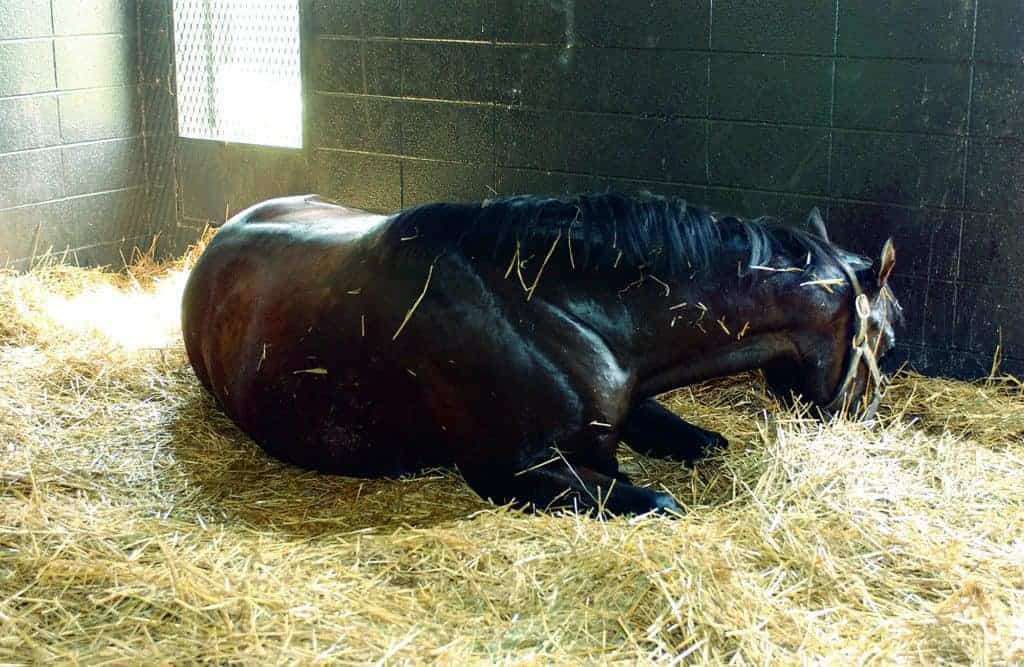
Winter Health Concerns
Horses are hardy animals when it comes to weathering the cold months. But this doesn’t mean you can slack on their care just because you’re staying indoors more. In fact, there are some health issues horses are more prone to during winter.






















